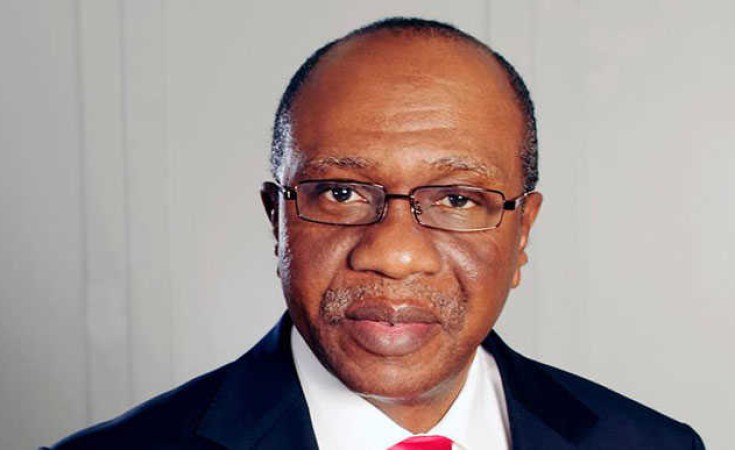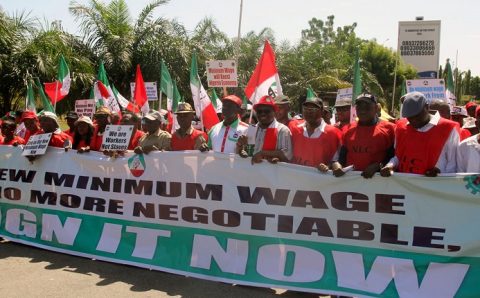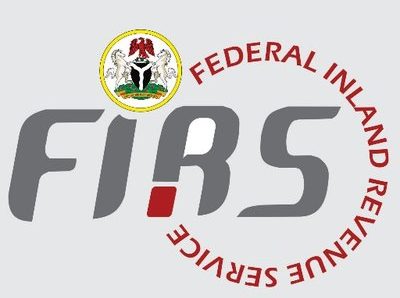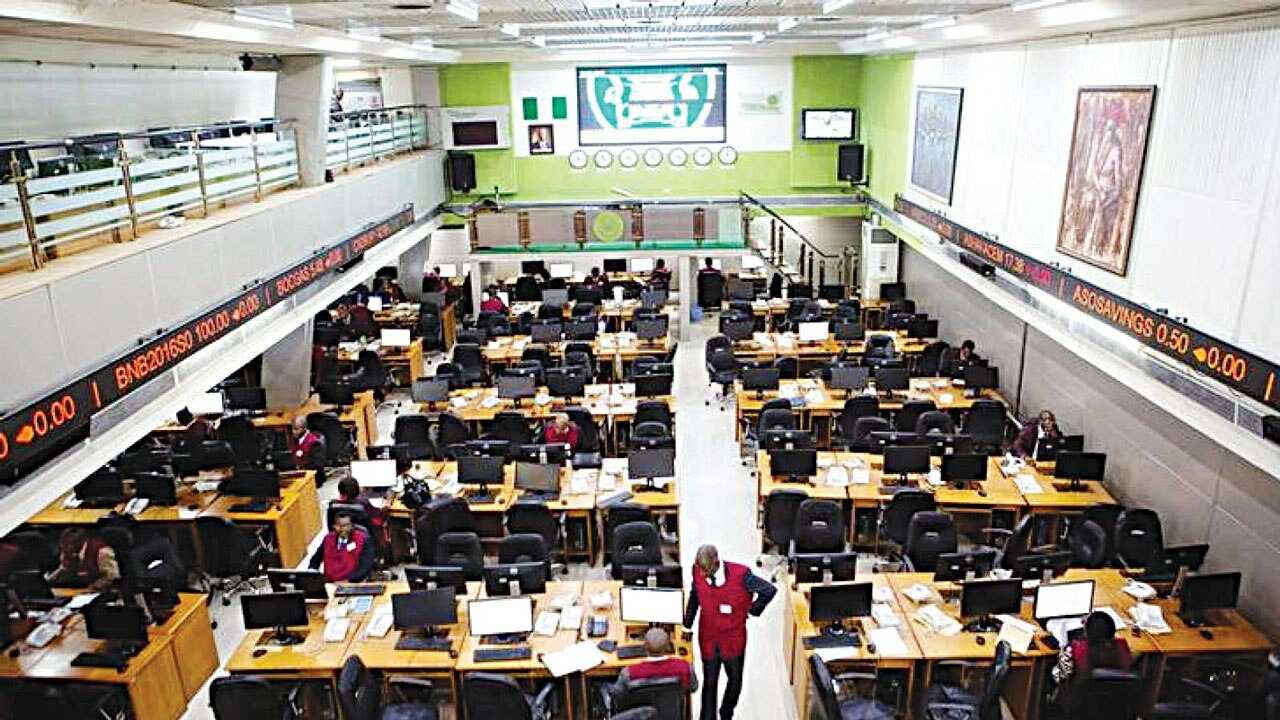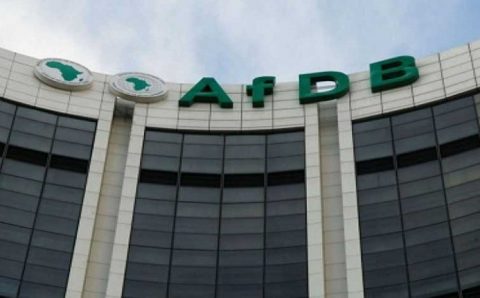The Central Bank of Nigeria (CBN) has been called to start raising interest rates again to fight inflation that has been above the target band of 6 percent to 9 percent for more than five years as Nigeria economy exited recession.
The statistics bureau said Thursday that Nigeria’s economy exited recession in the fourth quarter of 2020, recording its first growth in three quarters as coronavirus-linked lockdown was lifted across the country.
Bloomberg analyst and Chief Economist for Africa and the Middle East at Standard Chartered Bank, Razia Khan said as Nigeria economy exited recession in the fourth quarter of 2020, recording its first growth in three quarters with Gross Domestic Product (GDP) growth of 0.11 percent, a stronger recovery could ease pressure on the Central Bank of Nigeria (CBN) to stoke activity by paving the way for a renewed focus on its price stability mandate.
He urged that the Monetary Policy Committee (MPC) of CBN to start raising interest rates again to fight inflation that’s been above the target band of 6 percent to 9 percent for more than five years, adding the panel eased by 200 basis points in 2020.
“The government’s forecast for growth of 3 percent this year is double that of the IMF. The lender has warned a slow roll-out of Covid-19 vaccines could threaten the economy’s recovery”, he said.
According to Khan, the non-oil economy expanded by 1.7 percent from a year earlier, the strongest rate in four quarters, with agriculture growing 3.4 percent and telecommunications increasing 17.6 percent.
Earlier in the week, NBS said Nigeria’s headline inflation rose to 16.47 per cent in January 2021, while food inflation also rose to 20.57 per cent, from 19.56 per cent in December despite the nation’s wobbling out of the economic recession.
The economy slipped into recession in the third quarter of 2020 with a decline of 3.6 per cent, having contracted 6.1 per cent in the second quarter, leading to Nigeria’s second recession in five years.
For the full year 2020, the economy contracted 1.92 per cent, better than the International Monetary Fund projection.
The NBS said Thursday that although the growth was weak, it reflects the gradual return of economic activities following the easing of restricted movements and limited local and international commercial activities in the preceding quarters.
“As a result, while the Q4 2020 growth rate was lower than growth rate recorded the previous year by –2.44 percent points, it was higher by 3.74 percent points compared to Q3 2020,” the NBS said.
On a quarter on quarter basis, real GDP growth was 9.68 [percent indicating a second positive consecutive quarter on quarter real growth rate in 2020 after two negative quarters.
However, overall in 2020, the annual growth of real GDP was estimated at –1.92 percent, a decline of –4.20 percent points when compared to the 2.27 percent recorded in 2019.

